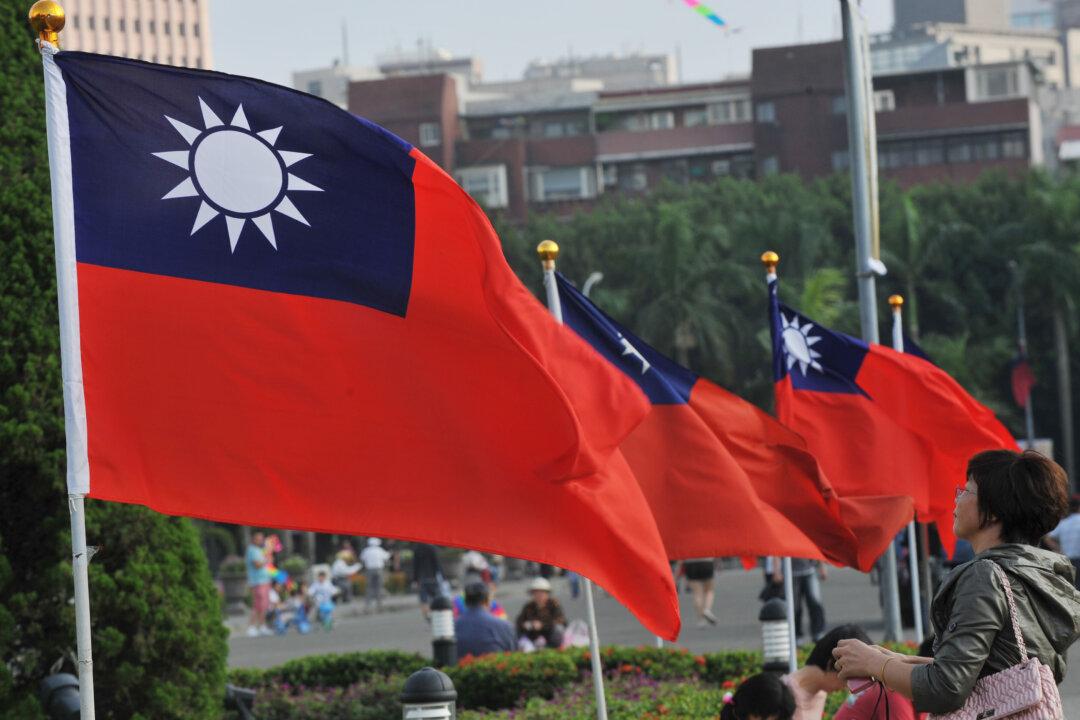Taiwan is the frontline of the Chinese Communist Party’s (CCP) disinformation hybrid warfare, and democracies need to learn from Taiwan and incorporate it into more international organizations and other bodies, a group of conservative MPs in the UK heard Tuesday.
The Webinar entitled “Discussion: CCP Influence and Interference in the UK” was organized by China Research Group, a group of conservative MPs.





